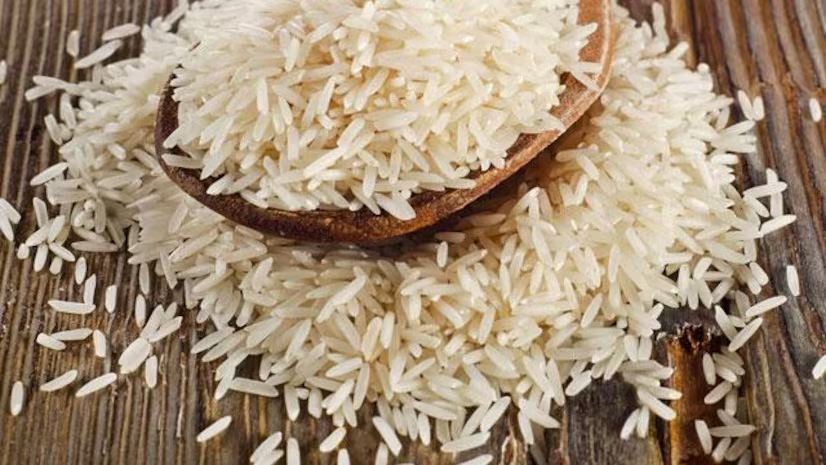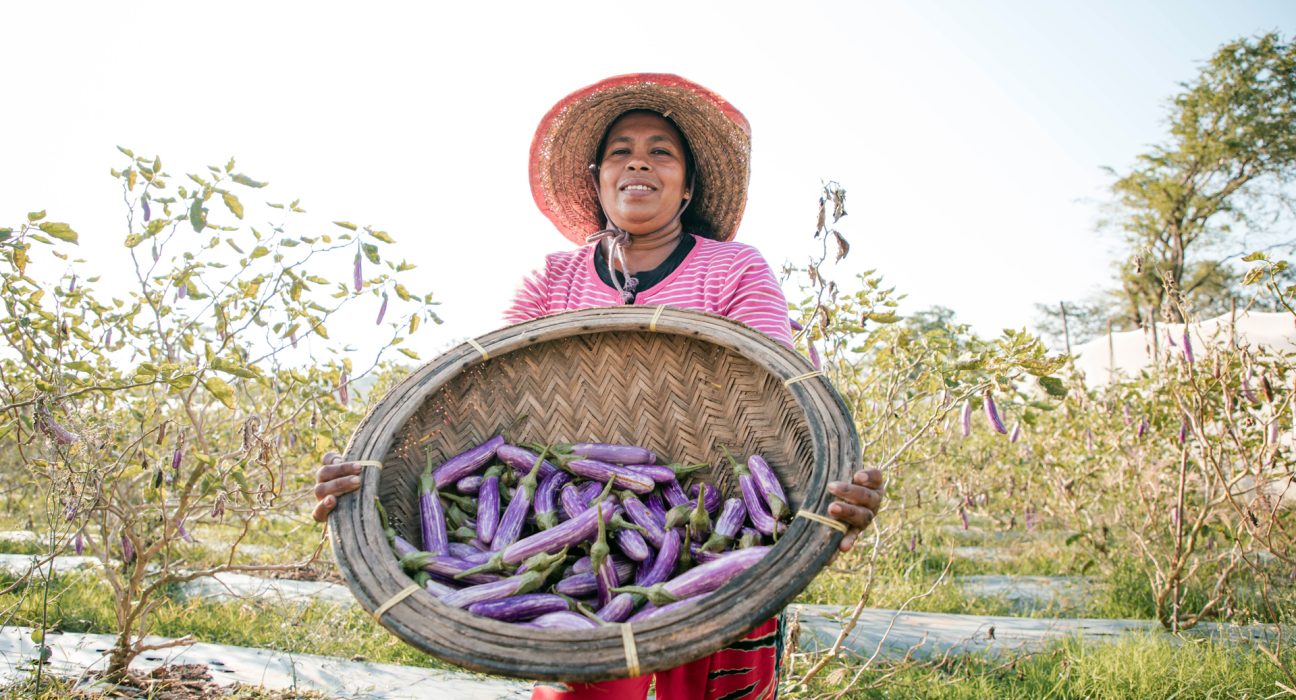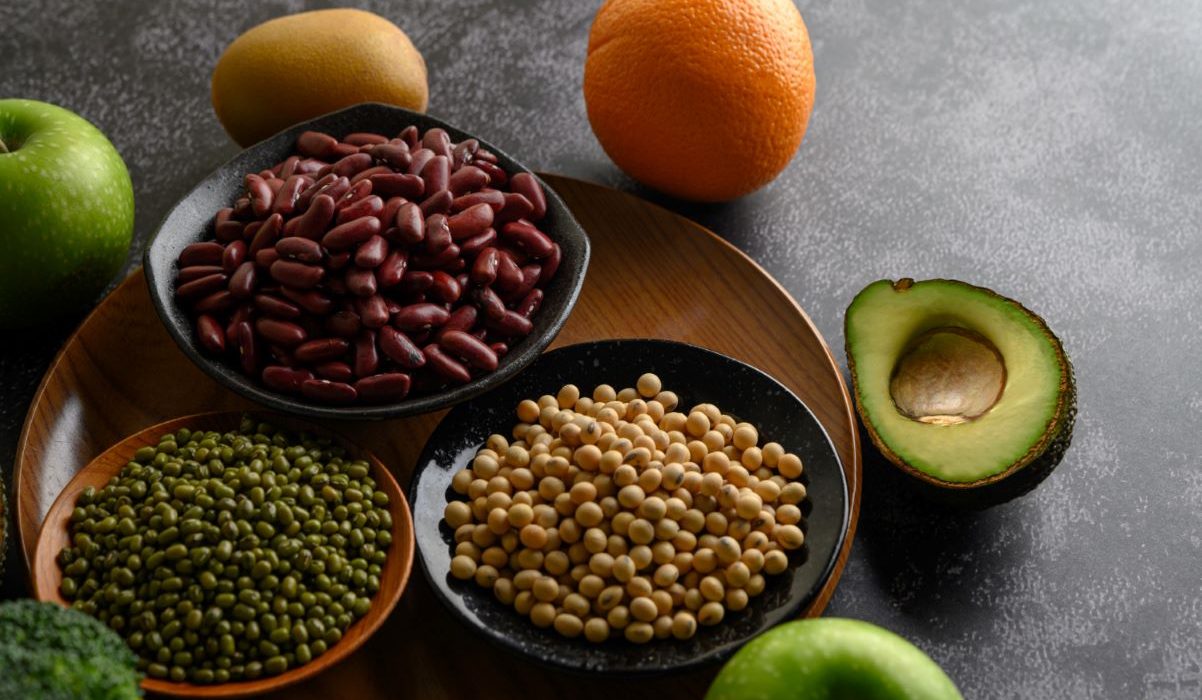Sri Lanka Investigates Rice Mill Stocks Amid Rising Prices and Food Tax
Sri Lanka’s Consumer Affairs Authority (CAA) has initiated investigations at several rice mills in the Polonnaruwa district, collecting data on rice stocks following a spike in prices for controlled rice grades. According to media reports, CAA officials first visited Nipuna Rice, owned by former state minister Siripala Gamlath. Gamlath stated that his company is selling






